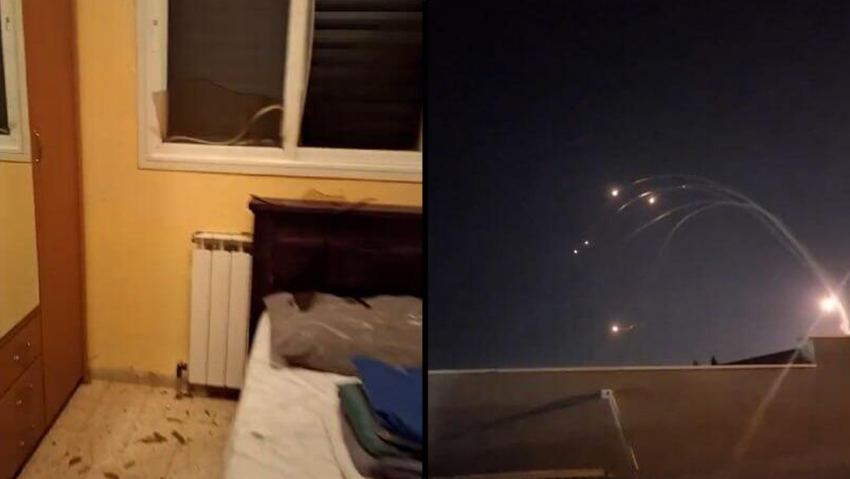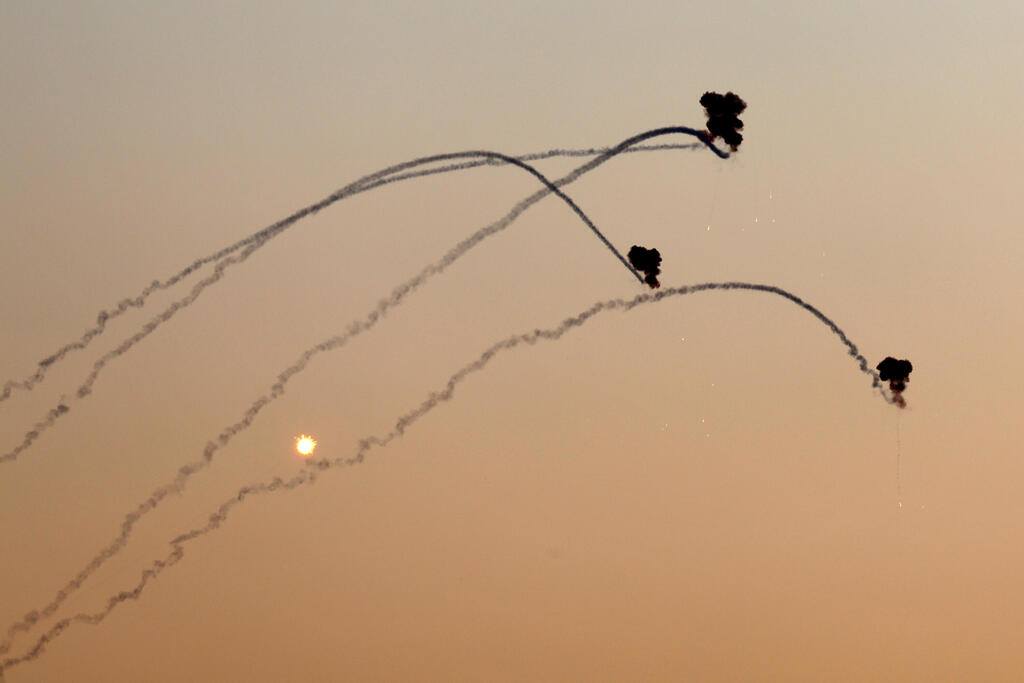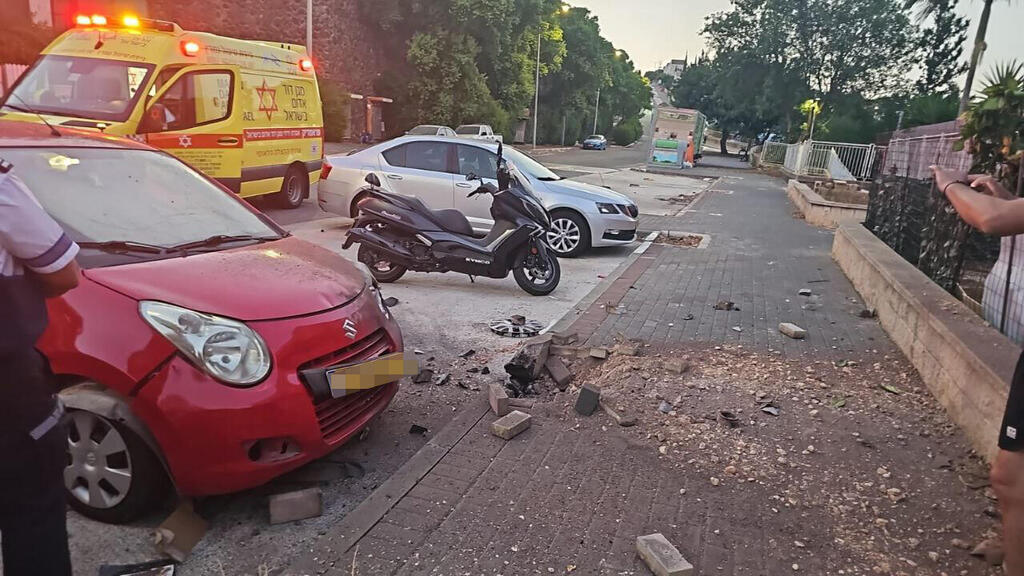Hezbollah has ramped up its rocket fire in recent days, extending its range and broadening its targets in retaliation to IDF actions.
Residents of eight kibbutzim near the border, which had not been evacuated by the Northern Command, were instructed on Tuesday night for the first time to stay close to protected areas due to ongoing IDF operations in Lebanon.
The Upper Galilee Regional Council issued this directive to already evacuated communities, but it also included eight communities in the Hula Valley: Kfar Szold, Shamir, Amir, Sde Nehemia, Kfar Blum, Neot Mordechai, Lehavot Habashan and Gonen. These areas were ostensibly under a "normal routine," but residents have recently found themselves in Hezbollah's "legitimate target pool."
The council's security department advised residents to "avoid gatherings and move planned outdoor activities indoors." Children who chose to swim in the pool during their summer break were asked to do so under adult supervision.
Also on Tuesday, Hezbollah launched rockets and drones at additional targets that had not been evacuated in the western Galilee, including Moshav Tzuriel, which sustained direct hits.
The Alma Research and Education Center, which studies Israel's northern security challenges, reported a trend of Hezbollah expanding its rocket fire to a range of over 3 miles in the past week, targeting non-evacuated communities.
Until now, Hezbollah has openly refrained from taking responsibility for firing at these communities. However, following a threat made by Hezbollah leader Hassan Nasrallah last week, the Iran-backed terrorist group has started firing at these communities and even noted in its statements that this is "the first time" it was doing so.
"Hezbollah is taking a calculated risk that increasing the range will not lead to a harsher Israeli response, believing Israel will not enter into a war over this," said Tal Be'eri, head of the research department at Alma.
He warned that the risk lies in a rocket causing "particularly painful damage" in Israel, such as striking a kindergarten in a non-evacuated community or a densely populated public area. In such an event, Israel could launch a more intense retaliatory campaign.
According to Alma researchers, between July 16 (the day before Nasrallah's public threat) and July 22, Hezbollah attacked areas more than 3 miles from the border 16 times. Eleven of these attacks targeted non-evacuated civilian communities, and five additional attacks targeted military bases.
Following an attack in which Hezbollah claimed five Syrian refugees in Lebanon were killed, including three children and two Lebanese civilians who were with their brother, a Hezbollah fighter, the terrorist organization responded with massive rocket fire at Kiryat Shmona and communities more than 3 miles from the border that were not evacuated: Kabri, Kfar Hoshen, Meron, Bar Yohai, Sa'ar and Gesher HaZiv.
Dana Polak, a researcher at Alma, said "Nasrallah threatened Israel with a new equation from his perspective: if the harm to civilians in Lebanon continues, Hezbollah will attack new communities it has not attacked so far."
According to the institute's monitoring, in the days that followed, Hezbollah claimed Lebanese civilians were injured and responded by firing at civilian communities. On July 19, in response to the injury of several civilians, according to Hezbollah, during an attack on Radwan forces buildings in southern Lebanon, they launched dozens of rockets from Lebanon at the communities of Abirim, Neve Ziv and Manot.
On July 22, a girl was injured was reportedly injured in an IDF attack in southern Lebanon. Hezbollah responded by firing dozens of rockets at Tzuriel, a non-evacuated area located about 4 miles from the Lebanese border. The rocket fire caused minor injuries to two civilians and significant property damage.
Polak noted that Hezbollah's military infrastructure is entirely integrated into the civilian infrastructure throughout southern Lebanon, using civilians as human shields. "The aim of this equation is mainly toward Hezbollah's internal support base in Lebanon, to show that it is not deterred. This also strengthens Hezbollah's image as 'Lebanon's Guardian' by responding to incidents in which Lebanese civilians are harmed," she said.






